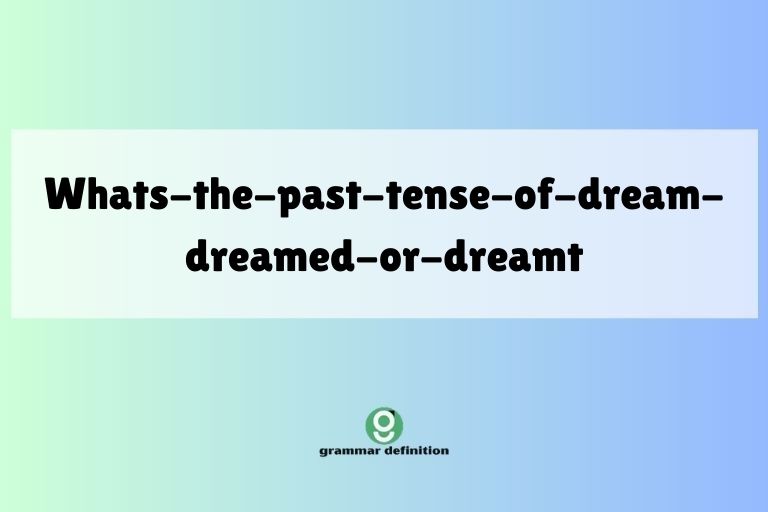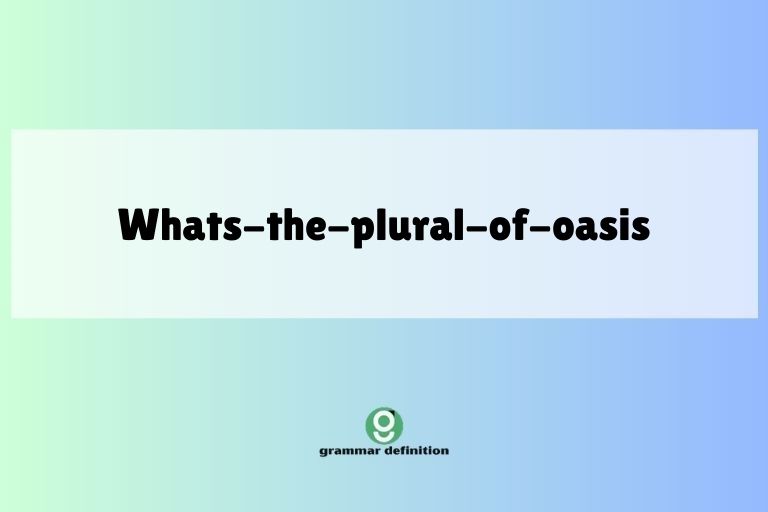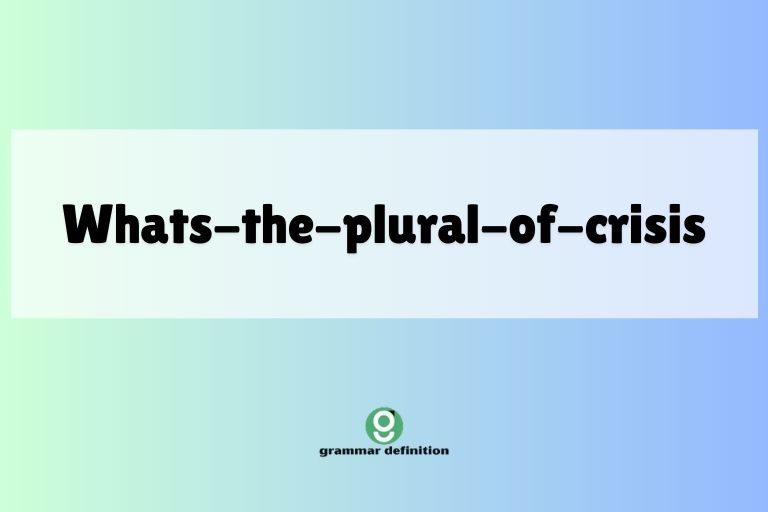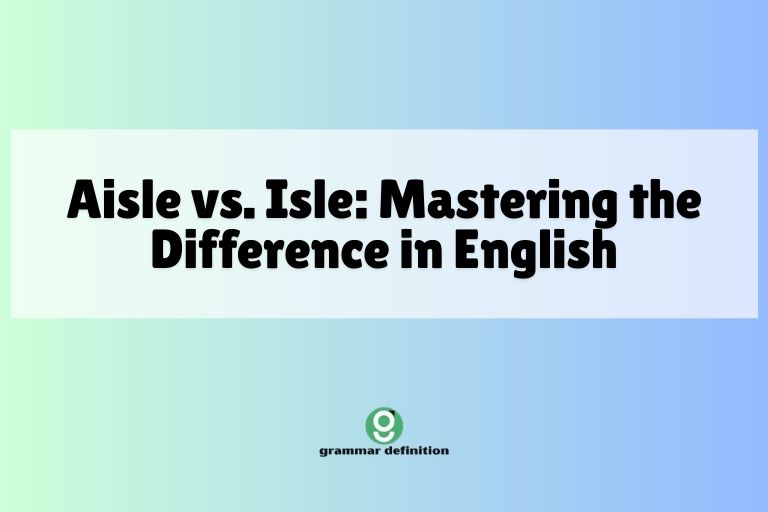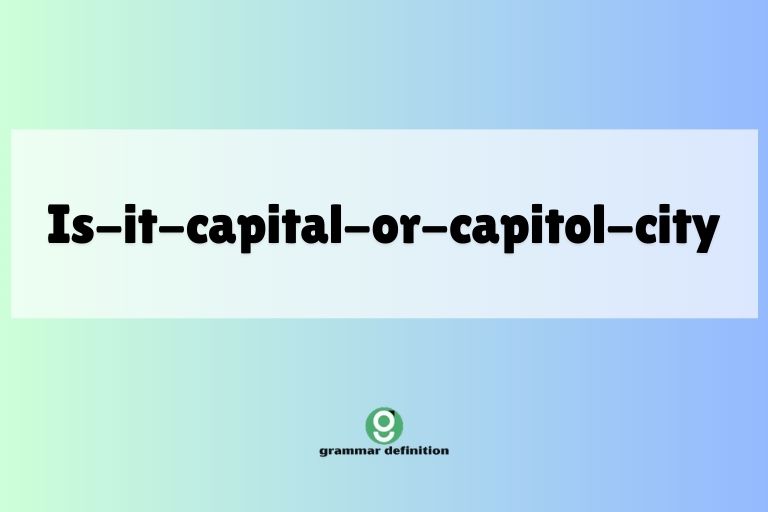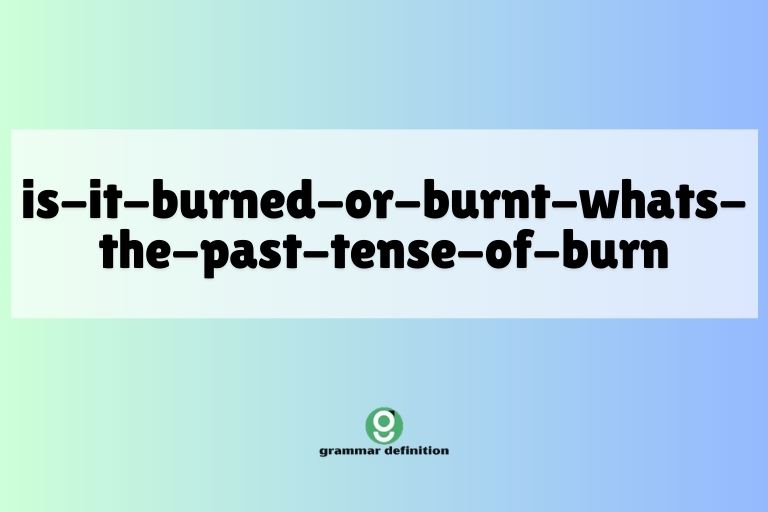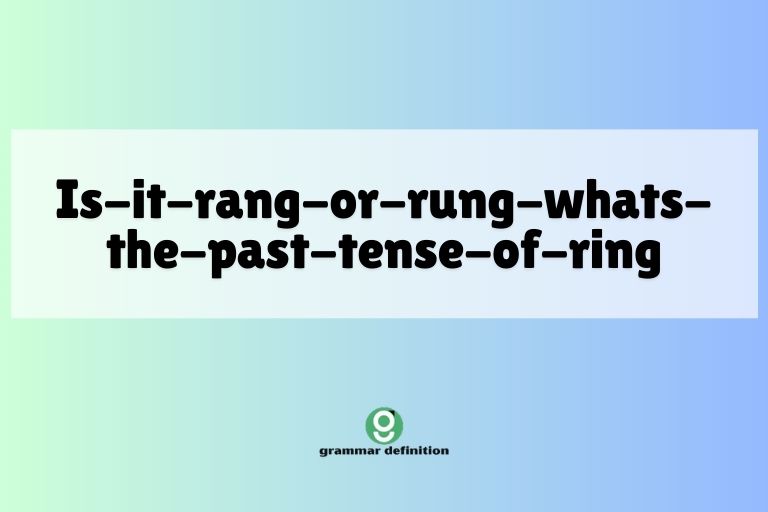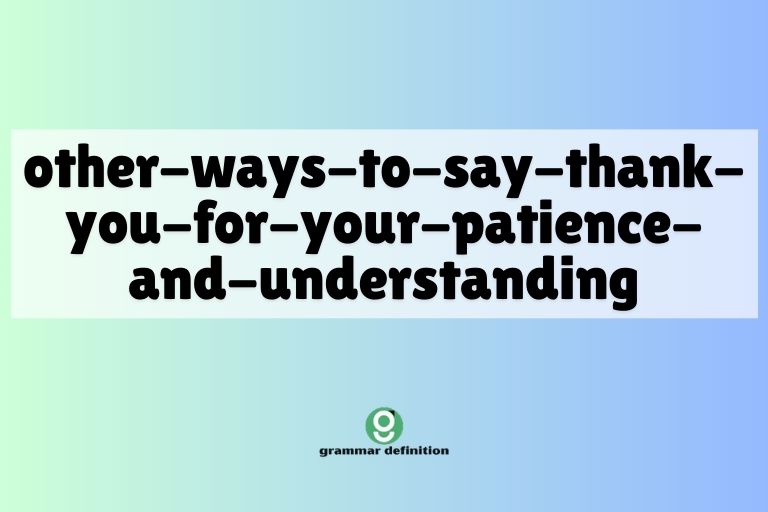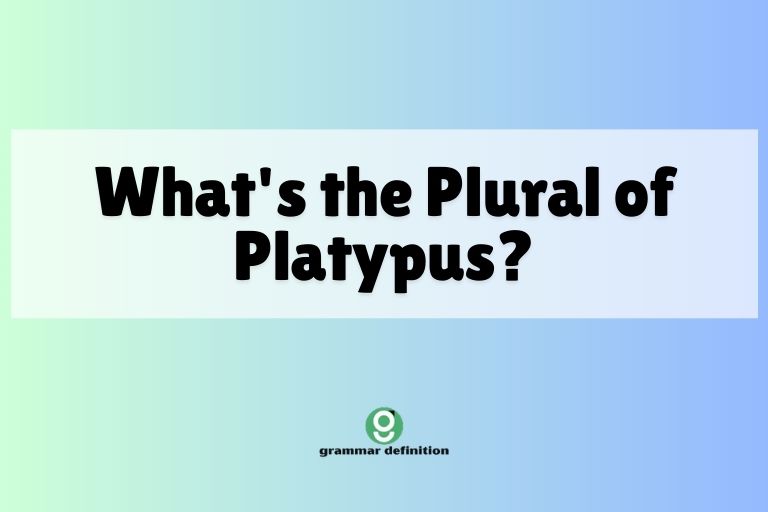Dreamed or Dreamt: Mastering the Past Tense of “Dream”
Understanding the nuances of verb tenses is crucial for effective communication in English. One common point of confusion arises with the verb “dream.” Is the past tense “dreamed” or “dreamt”? Both forms are correct, but their usage varies depending on regional preferences and writing styles. This comprehensive guide will explore the intricacies of “dreamed” and … Read more

